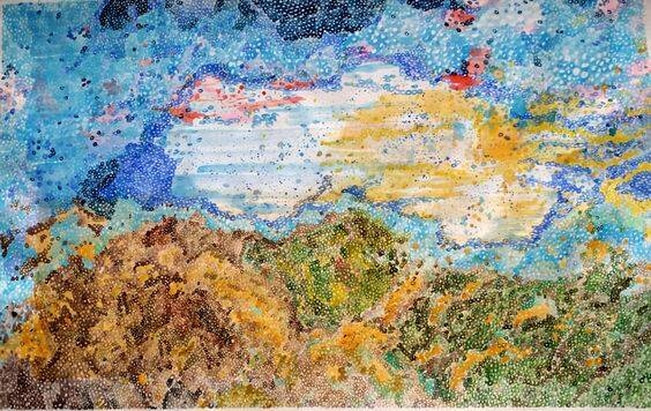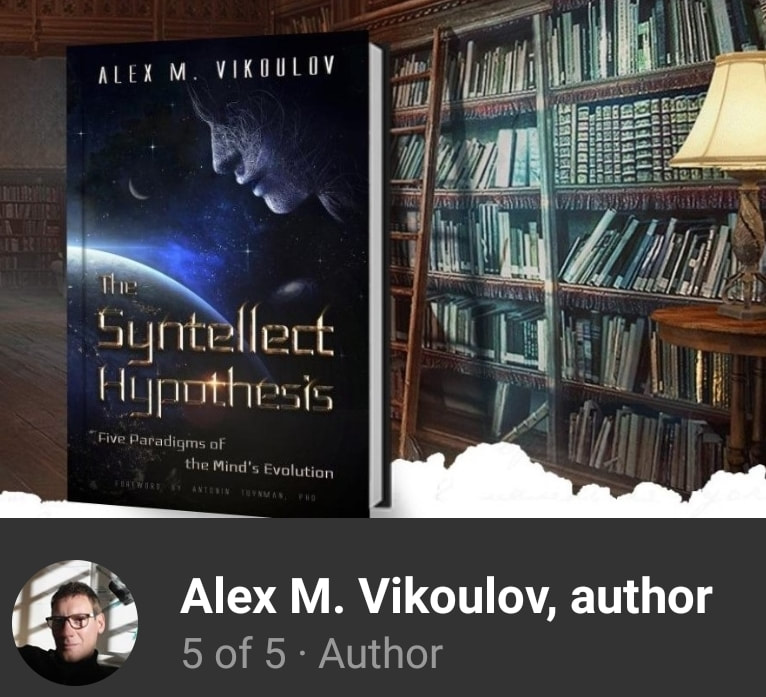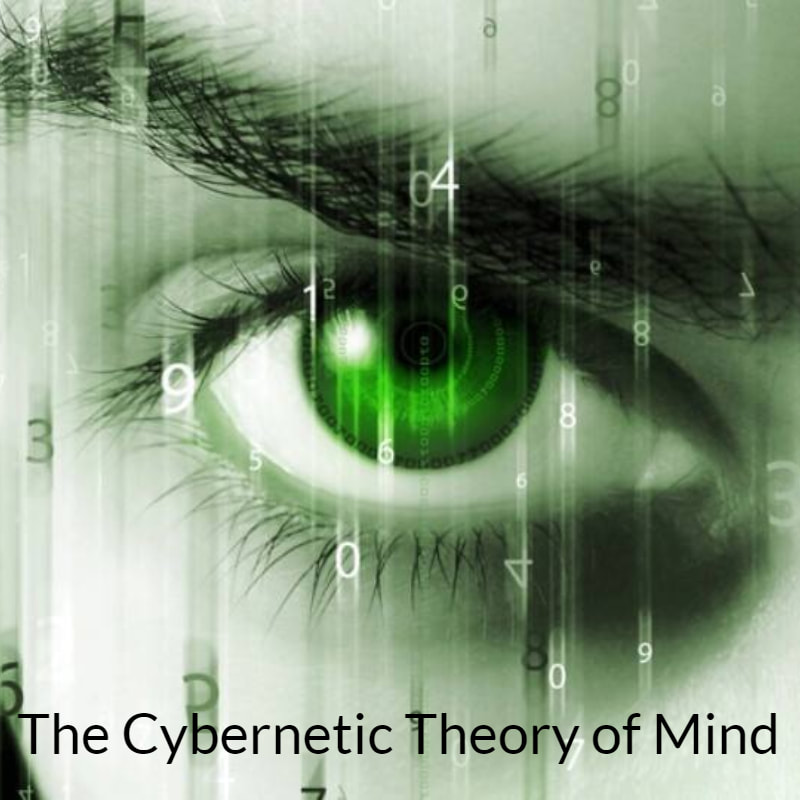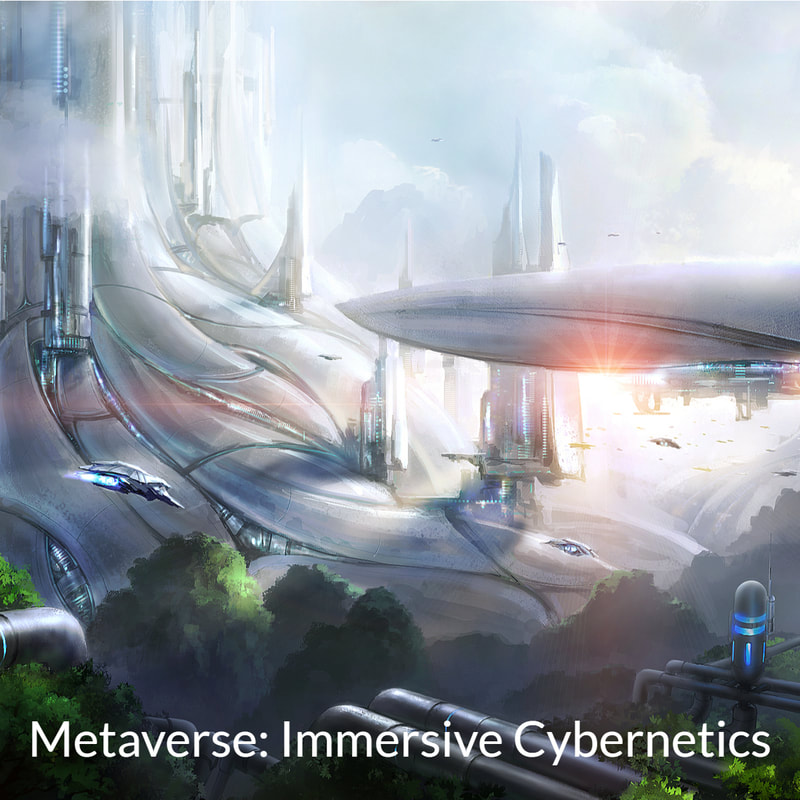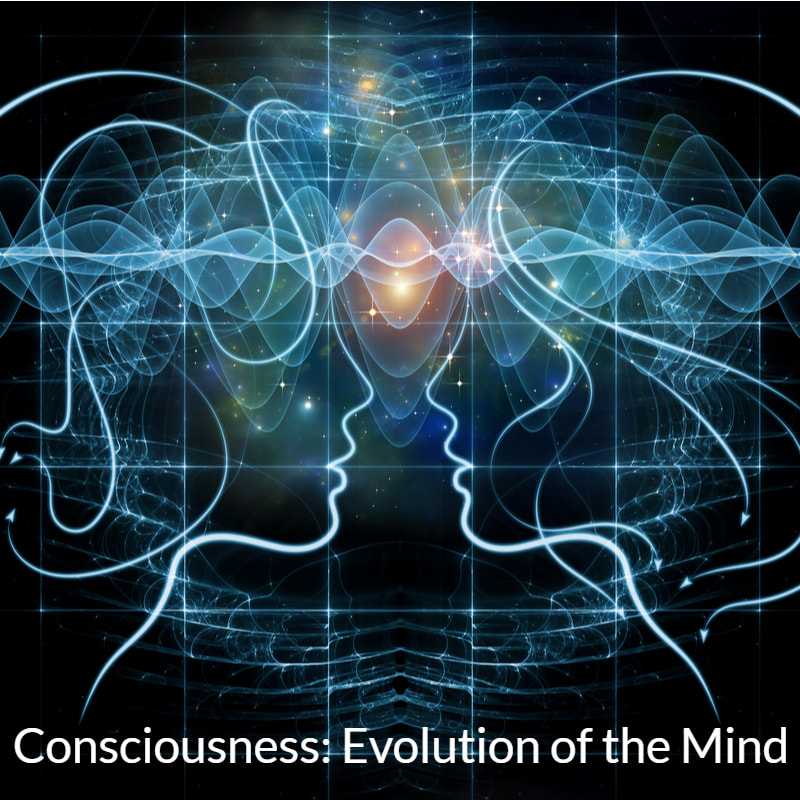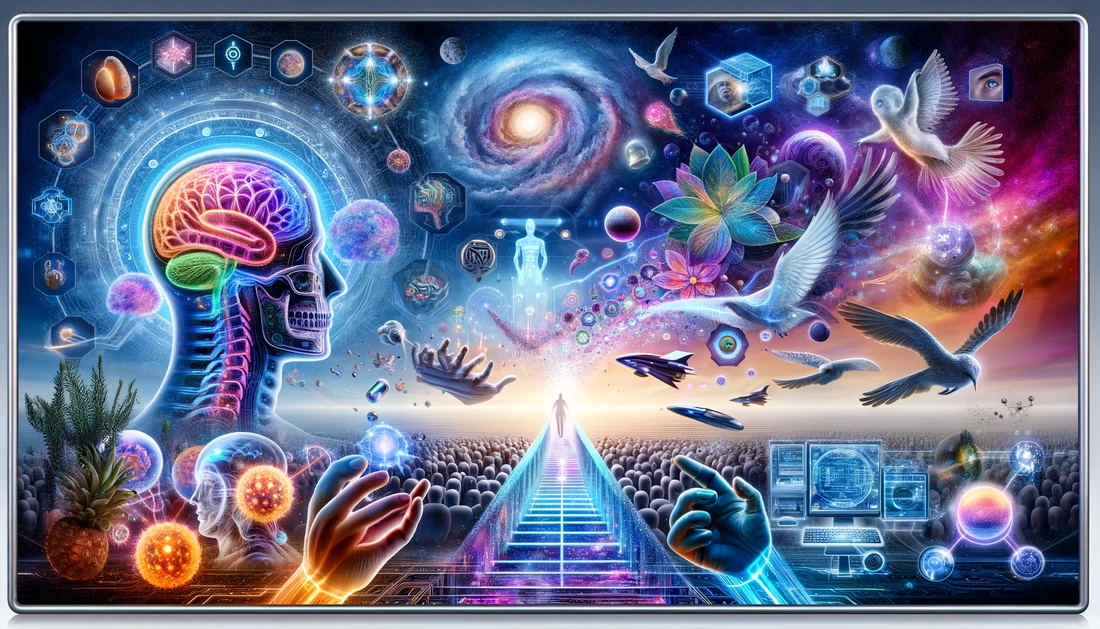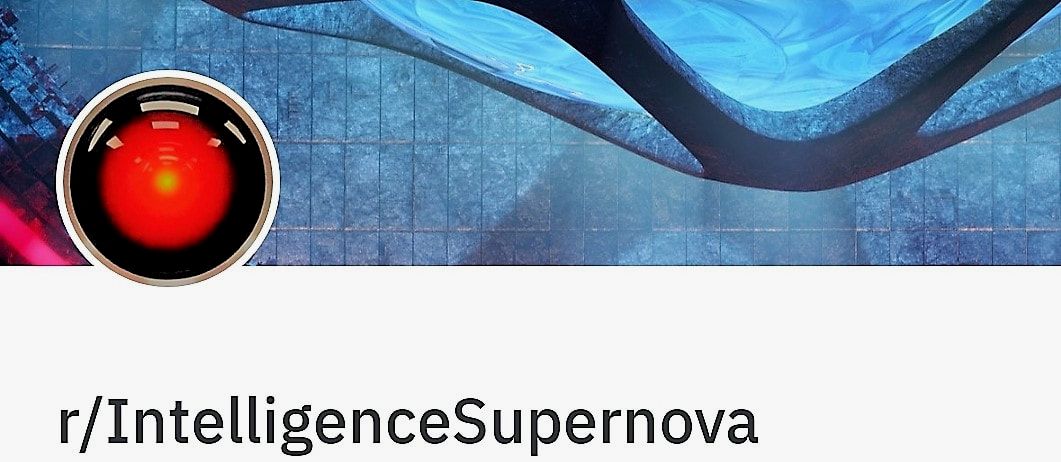|
by Shauna Lee Lange "The test of our progress is not whether we add more to the abundance of those who have much; it is whether we provide enough for those who have too little." ―Franklin D. Roosevelt I had been thinking about Wade Watts in Ready Player One and how he approached the OASIS metaverse as a rogue or singular player. Watts was adamant in the beginning of his journey for Halliday's Easter Egg in saying he did not "clan," meaning he played alone and followed his own path. It wasn't until Watts encountered IOI's pervasive control that he realized the strength of multiple minds and joined with friends in their united quest. In Ready Player Two, author Ernest Cline takes this theme a bit further with the character of Samantha who will not use the first operational ONI (OASIS Neural Interface) headset to access the metaverse, partially due to the possibility of death by Synoptic Overload Syndrome when the device is used for more than 12 hours at a time. Samantha's stance is so strongly felt, that the romantic relationship between her and Watts (who embraced the ONI) is severed. These ideas, peculiarities, and quirks in Internet technology adoption, have also brought me to consider those who may atypically decline Internet participation in the modern digital age, especially for religious reasons. According to the Amish, progress is not assumed to mean something better. Averse to any technology which weakens the family structure, it is common, for example, for telephones to be allowed for voice communication, but not in the home. In some Amish orders, technology is seen as a temptation that causes vanity, creates inequality, and leads the individual away from the community. Hard for us to understand, in some ways these choices may prove to help the group (and others like it) sidestep the future Internet ruin; we simply do not know. Choice, however, in the immediate technological age, is largely a privilege. One must fully understand that Internet usage is a choice to join the collective, to mind meld, to improve and develop the human brain. Estimates are 25% of the population is not provided the right technology infrastructure to succeed in a digital world. In a time where it is also estimated that 90% of the data in the world has been created in the last two years alone, we also have projections of increases of up to 40% annually from here forward. The Pew Research Center's 2021 study saw 7% of the U.S. adults saying they do not use the Internet at all. Nearly 33 million Americans are living without the Internet on a daily basis. That's a tremendous number of people devoid functionalities. In digital divide activism, the absence of the Internet is seen as a matter of human rights and international law. In fact, the United Nations ties Internet technologies and availability to sustainment goals, especially for underdeveloped nations. Fly back to America, there are more than a dozen or so famous celebrities who have ZERO interest in computers, social media, or the Internet, and they include reported names like Clooney, Pitt, Jolie, Ryder, Walken and Buffett to name a few. They are the technologically disenchanted, disengaged, and disparate compared to tech savvy advocates and full-on immersives. On the other hand, maybe they simply don't NEED the Internet at all. These phenomena, non-adoption of technology, represent outliers and anomalies in the consciousness of the human race as we attempt to morph from the as-is to the to-be state. It is an 'Aberrant Phenomena' of oddities, varieties, and distortions in the matrix, if you will. The Aberrant Phenomena of technology non-adopters is a conduction disturbance similar to those found throughout nature. A synapse that won't quite fire, or a neural pathway that doesn't quite connect, or an independent cell that just wants to go its own way. Left untethered, unwired, the Aberrants are kinks, mutations, disparities, abnormalities, and exceptions. Then again, maybe they just hold a different value system. It is one thing to willfully choose a path of independence when one will not engage. It is quite another when one is forced into the abyss because they cannot clear the obstacles. I recall the early days of the Internet, where some of the greatest concerns were of assimilation and enculturation. We saw a huge upward leap for adoption of simple, basic things like working a dial-up modem. Back in the day, we worried about something we termed "Internet Literacy," which then meant the ability to navigate terms like WWW, URL, IP addresses, or links. Internet literacy today has itself morphed into critical factions including financial literacy, technological literacy, and gaming or development literacy. And for those who cannot, we know their illiteracy in the Aberrant Phenomena can be categorized by six major and common causalities. Age is the leading factor, followed by education level and household income. Community type, location, and sadly, the truisms of ethnicity challenges bring up the rear. These are the gateways some must pass through to even approach the Internet oracle today, gateways the greater majority of first-world nation inhabitants don't even have to think about. It is a complex digital divide that stands to create a new class division of peoples across the globe, a frightening and alarming division of knowledge and access. The Aberrant Phenomena has the distinct, identifiable outcropping of financial, spiritual, educational, emotional, mental, and physical marginalization... yet paradoxically, it has the potential for preservation. What happens for example, when the grid goes down? When the online addictions are uncontrollable? When we abandon our physical bodies in lieu of avatars? The Aberrants may win. Yes, they'll be slower and yes, likely without critical resources, but their survival will not become evolutionarily extinct as Darwinian theory suggests. The Aberrants will retain the cultural norms, values, and moral compasses of the present day (however faulty they may be). And we should all remember that there just may come a day when we long for the past - when we crave it - when we Wish. We. Could. Just. Go. Back. To. The. Way. It. Used. To. Be. A surprising development of this rapid-fire Internet and metaverse advancement and the rush for the future may just be that the Aberrants surprise us by growing in number. Maybe the non-adoptors will have political leanings, or feel they are making a statement of freedom. Maybe their world will be one where there is electronic independence, or there will be those that simply want to reclaim their time away from the screens, or put some meaning to privacy. Or those who have been burned by bad crypto deals, goggles that never work, or fear the machine/human interface. Think about all those Star Trek television episodes, or the Star Wars movie series where the advanced population suddenly happens upon the small clan of renegade soldiers, living in the desert. Mix the one of the two on a Saturday night over a glass of prickly pear juice over by that pretty cactus grove, and nine months later a brand new type of Rowlings' muggle is born. Aberrants will be the new one-percenters, the new forbidden partner, and they may birth those who may choose or are forced to fence walk the lands between super assertive technology driven lives and never-even-seen-a-mobile-phone. The Aberrant Phenomena is comprised of a brand new group of immigrants without a land, without a home, without a guide. They're out there as their own special entity and there must be made room for them, too. Room to say no, no metaverse for us or our children. -Shauna Lee Lange Tags: metaverse, Aberrant Phenomena, digital divide, Franklin Roosevelt, Wade Watts, Ready Player One, neural interface, Star Trek, Star Wars, Amish, technology non-adopters
*Image: Shauna Lee Lange (circa 2017), Country, watercolor and ink on paper, 24" x 16" About the Author: Shauna Lee Lange is a California-based Metaverse News Network (MNN) CEO, metaverse futurist, NFT strategist and big systems thinker who interprets the growth of the Internet sector in order to help others understand implications and opportunities. Founder of the LinkedIn group NFT Art, Artists, she is gathering over 28K global art & tech pros together for networking and information sharing. Lange regularly consults with businesses and institutions on issues involving NFTs, cryptocurrencies, art, gaming and metaverse strategies. e-mail: [email protected]
0 Comments
Leave a Reply. |
Categories
All
Recent Publications The Cybernetic Theory of Mind by Alex M. Vikoulov (2022): eBook Series The Syntellect Hypothesis: Five Paradigms of the Mind's Evolution by Alex M. Vikoulov (2020): eBook Paperback Hardcover Audiobook The Omega Singularity: Universal Mind & The Fractal Multiverse by Alex M. Vikoulov (2022): eBook THEOGENESIS: Transdimensional Propagation & Universal Expansion by Alex M. Vikoulov (2021): eBook The Cybernetic Singularity: The Syntellect Emergence by Alex M. Vikoulov (2021): eBook TECHNOCULTURE: The Rise of Man by Alex M. Vikoulov (2020) eBook NOOGENESIS: Computational Biology by Alex M. Vikoulov (2020): eBook The Ouroboros Code: Reality's Digital Alchemy Self-Simulation Bridging Science and Spirituality by Antonin Tuynman (2019) eBook Paperback The Science and Philosophy of Information by Alex M. Vikoulov (2019): eBook Series Theology of Digital Physics: Phenomenal Consciousness, The Cosmic Self & The Pantheistic Interpretation of Our Holographic Reality by Alex M. Vikoulov (2019) eBook The Intelligence Supernova: Essays on Cybernetic Transhumanism, The Simulation Singularity & The Syntellect Emergence by Alex M. Vikoulov (2019) eBook The Physics of Time: D-Theory of Time & Temporal Mechanics by Alex M. Vikoulov (2019): eBook The Origins of Us: Evolutionary Emergence and The Omega Point Cosmology by Alex M. Vikoulov (2019): eBook More Than An Algorithm: Exploring the gap between natural evolution and digitally computed artificial intelligence by Antonin Tuynman (2019): eBook Our Facebook Pages
A quote on the go"When I woke up one morning I got poetically epiphanized: To us, our dreams at night feel “oh so real” when inside them but they are what they are - dreams against the backdrop of daily reality. Our daily reality is like nightly dreams against the backdrop of the larger reality. This is something we all know deep down to be true... The question then becomes how to "lucidify" this dream of reality?"— Alex M. Vikoulov Public Forums Our Custom GPTs
Alex Vikoulov AGI (Premium*)
Be Part of Our Network! *Subscribe to Premium Access Make a Donation Syndicate Content Write a Paid Review Submit Your Article Submit Your Press Release Submit Your e-News Contact Us
|

